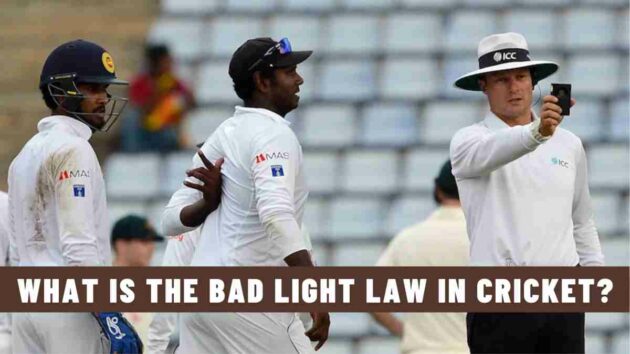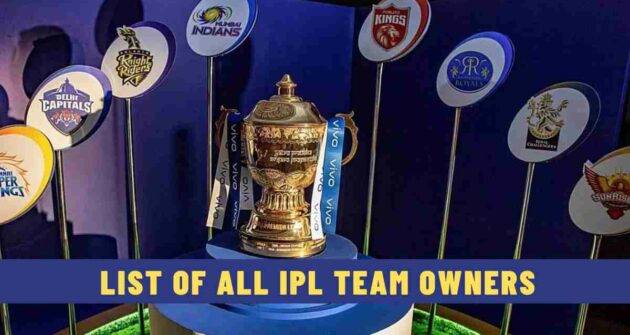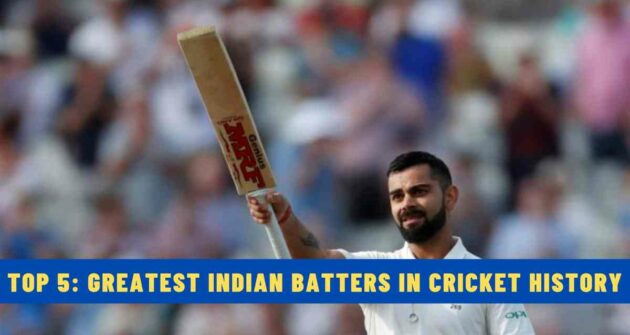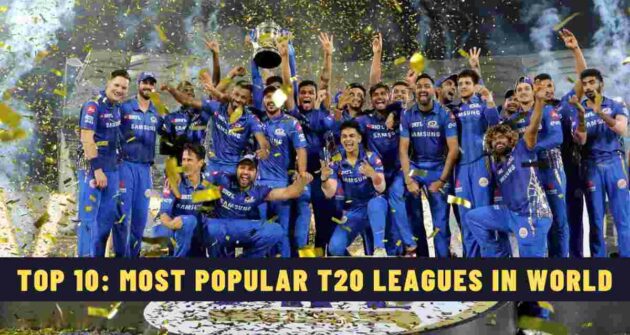There have been instances when bad light laws have played a big role in deciding the outcome of a game. During the 5th test of the 2013 Ashes series, England needed 21 runs to win when play was stopped due to bad light.
Unfortunately, when bad light has stopped play, teams have to face disappointments due to the strict rules and laws that govern the sport. The late legendary umpire Dickie Bird once stated that it was better to play in all light rather than in bad light, and his opinion was correct.
The rules were changed by MCC (Marylebone Cricket Club) in 2010, when the umpires were authorised to make the decision to stop play if it was too dark by asking the batters. Due to this, the batting team used it to their advantage by telling their batters to leave the field even though they were comfortable watching the ball.
Laws 3.8 and 3.9 that were changed in 2010 meant the umpire could make the decision themselves about whether playing conditions were dangerous. Law 3.5.3 states that the umpires can decide whether to recommence or start the game if the weather conditions are bad or if light is an issue.
Light Meter to Check the Conditions
The usage of light meters has been criticised. It has a window at one end and a light sensor at the other end that helps indicate reading.
As per Law 3.6.1, the ICC provides light meters to match officials, and as per Law 3.6.2, these meters should have proper readings.
Law 3.6.4 states the umpires can check whether there is improvement or deterioration of light through this meter. It indicates whether the playing conditions are fine for players.
So far, there isn’t any subjective proof about how poor light affects a player’s performance, but it can surely be dangerous for batters to face pacers in poor light and also for fielders.
Law 3.7 states that if match officials feel the light is deteriorating, then they can instruct ground authorities to start floodlights, which can be used to complete the entire day’s play, but if there is a power failure, then laws related to interruption of play need to be applied.
In cases of bad light, the ICC should also bring in new laws, like if the play stops early due to bad light or unfit weather conditions, then the next match should start early, and if this occurs on the last day of a test match, then an additional day should be added and make it a 6-day game like it was during the 1960s and 1970s.
Bad light laws have been criticised, so the onus is on the ICC to add new provisions and ensure that any one team doesn’t have an undue advantage.
Read Next | How Does Hawk-Eye Technology Work in Cricket?











